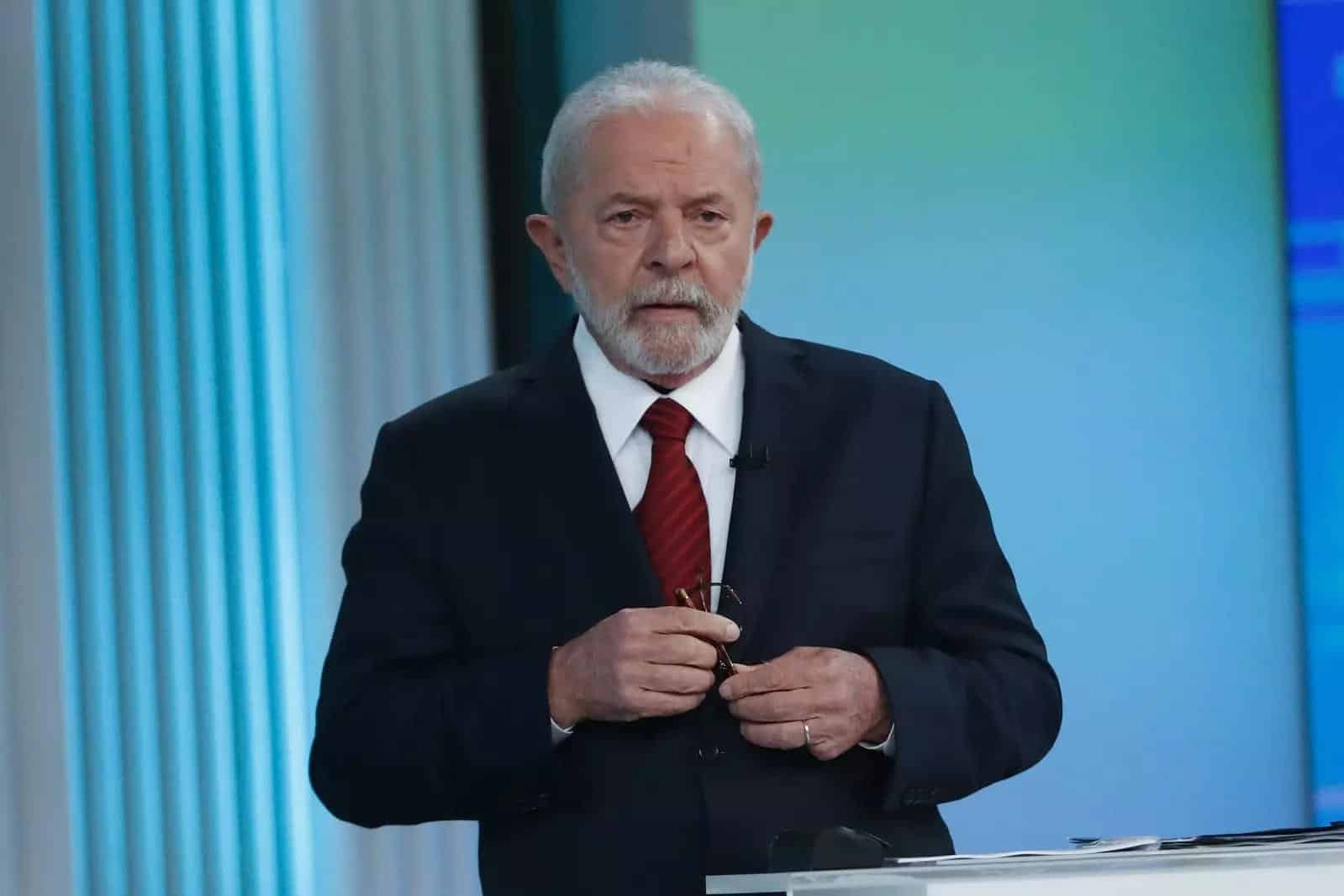Th Brazilian President Luiz Inacio Lula da Silva has announced plans to reach out to India and China for a joint BRICS response to rising U.S. tariffs. He said direct talks with President Donald Trump are not on the table, calling such a move humiliating and unnecessary.
Lula Urges BRICS Unity as U.S. Tariffs Strain Brazil-U.S. Trade Relations
While speaking in a Reuters interview, Lula said he believes Trump is not open to dialogue about the U.S. tariffs. Hence, Brazil should not lower itself to beg for fair treatment. He stated that any contact will only happen if his instincts tell him Trump is ready for real conversation.
His comments follow the United States’ decision to impose an additional 25% tariff on Indian goods, escalating trade tensions between the two countries. Despite this, Lula said Brazil will not impose immediate retaliatory tariffs.
Instead, his government will introduce internal economic measures to soften the impact of the tariffs. Lula revealed he plans to speak with Indian Prime Minister Narendra Modi and Chinese President Xi Jinping about a coordinated BRICS strategy to counter the U.S. tariffs.
The Brazilian President believes a collective response against the U.S. tariffs from emerging economies could be more effective than acting alone. He criticized Trump for linking the new tariffs to pressure on Brazil’s Supreme Court to stop the prosecution of former President Jair Bolsonaro.
Lula called Bolsonaro a traitor for encouraging foreign influence over Brazil’s judiciary and said the courts will remain independent regardless of external pressure. He also accused the U.S. of attempting to dictate terms to a sovereign nation.
The Brazilian President recalled past interference during Brazil’s 1964 military coup and said the current move from Washington is a continuation of that mindset. He also hinted at creating a new national strategy for Brazil’s mineral resources, treating them as a matter of national sovereignty.
This would shift Brazil away from exporting low-value raw materials toward greater domestic industrialization. The U.S. tariffs have led to decline in Bitcoin price at different times. So, this response could negatively impact the coin’s price again if it escalates into a full-blown trade war.
Investment disclaimer: The content reflects the author’s personal views and current market conditions. Please conduct your own research before investing in cryptocurrencies, as neither the author nor the publication is responsible for any financial losses.
Ad Disclosure: This site may feature sponsored content and affiliate links. All advertisements are clearly labeled, and ad partners have no influence over our editorial content.


✓ Share: